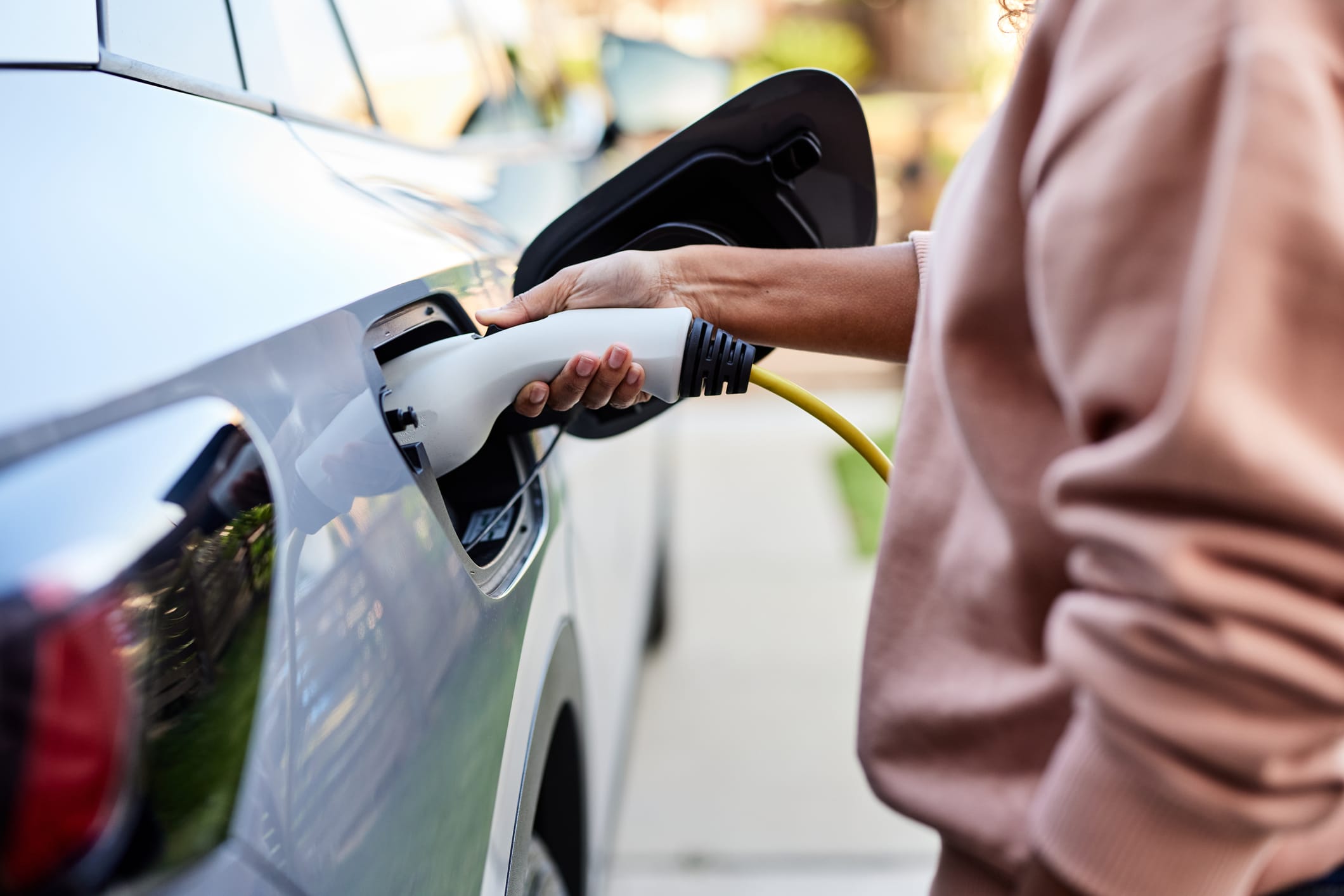With the country’s electric vehicle market in the spotlight, an industry expert speaks to FORBES AFRICA about the complex tariff and trade dynamics shaping its import duties.
What drives the tariffs of imported vehicles into South Africa? Currently, the country levies a 25% import tax on EVs, compared to 18% for internal combustion engine vehicles (ICEVs).
In a recent exchange on X (formerly Twitter), South Africa-born, Elon Musk, CEO of Tesla, addressed the barriers hindering Tesla’s entry into the South African market. Responding to a question about Tesla’s absence, Musk cited “super high” import duties on electric vehicles (EVs) as a primary obstacle, bringing to light the complexities of South Africa’s approach to EVs and its impact on global manufacturers.
Dr Norman Lamprecht of the Automotive Industry Export Council (AIEC) and the Automotive Business Council (NAAMSA) explains how South Africa’s trade agreements and import taxes function.
“It’s not about any differentiation between internal combustion vehicles and electric vehicles, but about our free trade agreements,” Lamprecht says to FORBES AFRICA.
Loading...
How South Africa’s vehicle trade works
South Africa has a compelling automotive production industry. The country manufactures cars for multiple car makers, for both local use and export markets, Lamprecht explains.
“Import duties on a normal passenger vehicle, bakkies or light commercial vehicles are standardized at 25%,” says Lamprecht. “Because of a Free Trade Agreement we have with the European Union, we offer a 7% reduction on importing vehicles from that region, and in return, we export around 400,000 vehicles a year – the vast majority of which go to the EU.”
Lamprecht notes that the import tax for normal commercial vehicles into the US, excluding SUVs, is also 25%, a clear parity.
Protecting the South African automotive sector
He also agrees that the South African automotive sector requires protection, echoing Minister of Trade, Industry, and Competition, Ebrahim Patel’s recent comments, which was not the suggestion of a cautious approach to EV adoption, but rather a need to develop local capacity to secure the future of South Africa’s automotive export market. This, by building local capacity for EV and component production as much of Europe prepares to phase out ICEVs.
“With the transition to electric vehicles, we don’t want to lose the 75% of our exports to Europe around 2030-2035,” says Lamprecht. “Therefore, we need to start building these vehicles in South Africa.”
However, the creation of this new capacity needs to be balanced with the need for ICEVs, locally, and before the phase-out and move to EVs becomes permanent in South Africa’s export markets.
The automotive tax burden on the South African consumer
One aspect which Lamprecht takes great pains to note is the automotive taxes on the South African consumer. Not only are import taxes levied, but a plethora of other costs are involved in vehicle purchases.
“The tax burden on consumers purchasing vehicles is huge,” says Lamprecht, noting that South Africans pay taxes on carbon dioxide, VAT, and an ad valorem tax – essentially a levy on luxuries, which can be up to 30% on vehicles over $50,000.
However, policy is shifting fast, with both national government as well as policy-guiding bodies, such as the AIEC and NAAMSA, working together to guide a manufacturing future that is sustainable and beneficial for all parties involved, over the next 20 years.
Loading...
